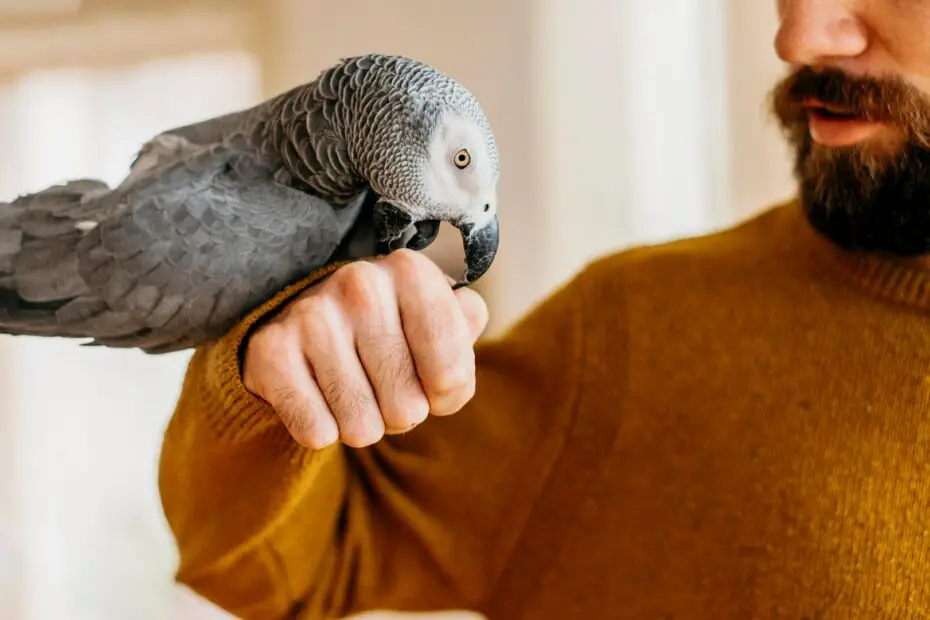Pet birds bring a touch of the wild into our homes with their vibrant plumage, melodic songs, and charming personalities. From the majestic parrots to the cheerful canaries, birds come in a variety of species, each with its own unique traits and care requirements. In this blog, we will explore the world of adopting a pet bird, covering everything from choosing the right species to providing the best care and creating a loving bond with your feathered friend.
You may also want to read more about the avian beauty of the world.
The Joys of Adopting a Pet Bird
Birds make wonderful companions for those who appreciate their beauty, intelligence, and social nature. Here are some of the joys of having a pet bird:
1. Social Interaction
Many bird species are highly social and enjoy spending time with their human caregivers. They can form strong bonds and become cherished members of the family.
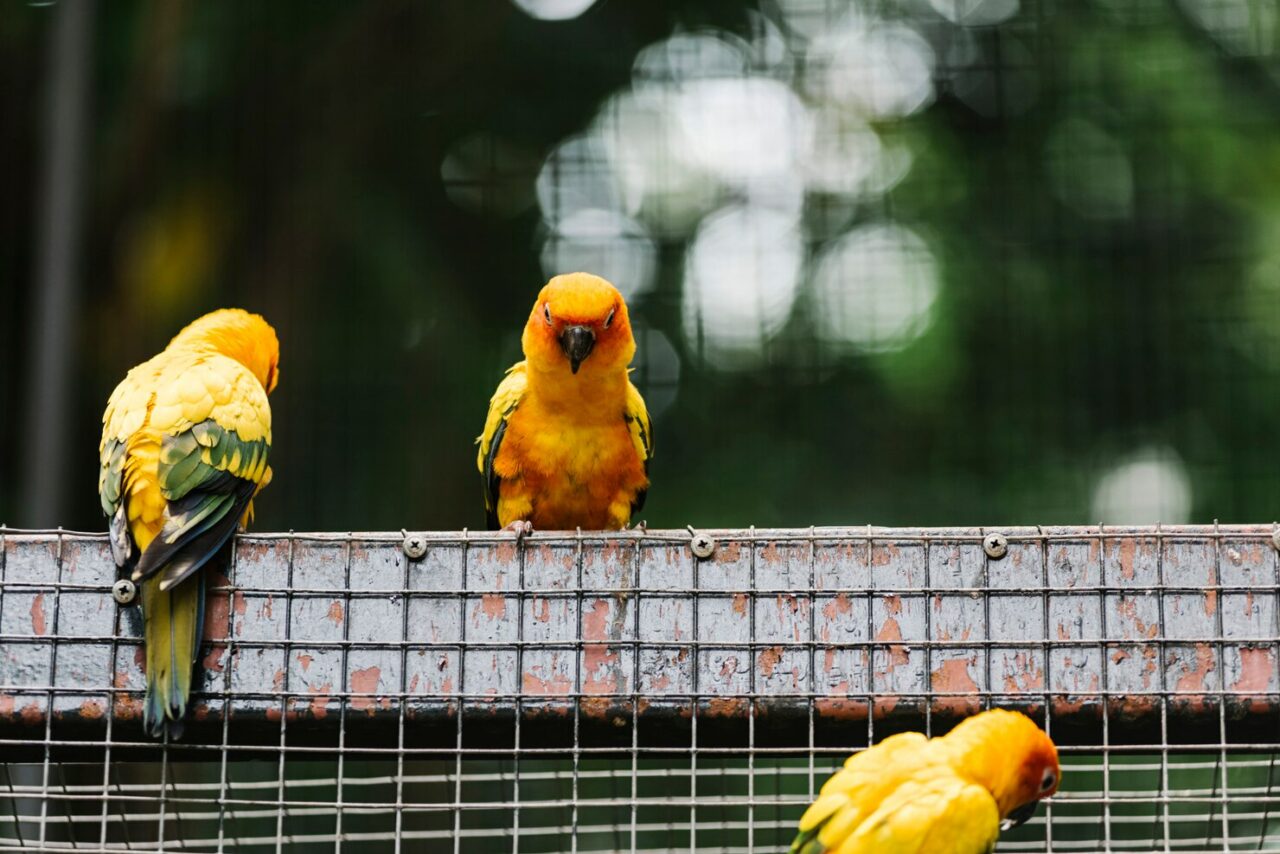
2. Vibrant Colors
Birds come in a stunning array of colors and patterns, making them visually captivating additions to your home.
3. Unique Personalities
Each bird has its own personality, from the playful and curious cockatiels to the talkative and affectionate African greys. Getting to know your bird’s quirks and preferences is part of the fun.
4. Vocalizations
Birds are known for their vocalizations, which can range from melodious songs to cheerful chirps and even the ability to mimic human speech. Their vocal talents can provide endless entertainment.
5. Low Maintenance
Compared to some other pets, birds are relatively low maintenance. They don’t require daily walks, and their living space is typically smaller and easier to clean.
Choosing the Right Bird Species
Before adopting a pet bird, it’s crucial to consider which species is the best fit for your lifestyle, living situation, and preferences. Here are some popular pet bird species to consider:
1. Budgerigar (Budgie)
Budgerigars, often called budgies or parakeets, are small parrots known for their colorful plumage and friendly personalities. They are relatively easy to care for and enjoy human interaction.
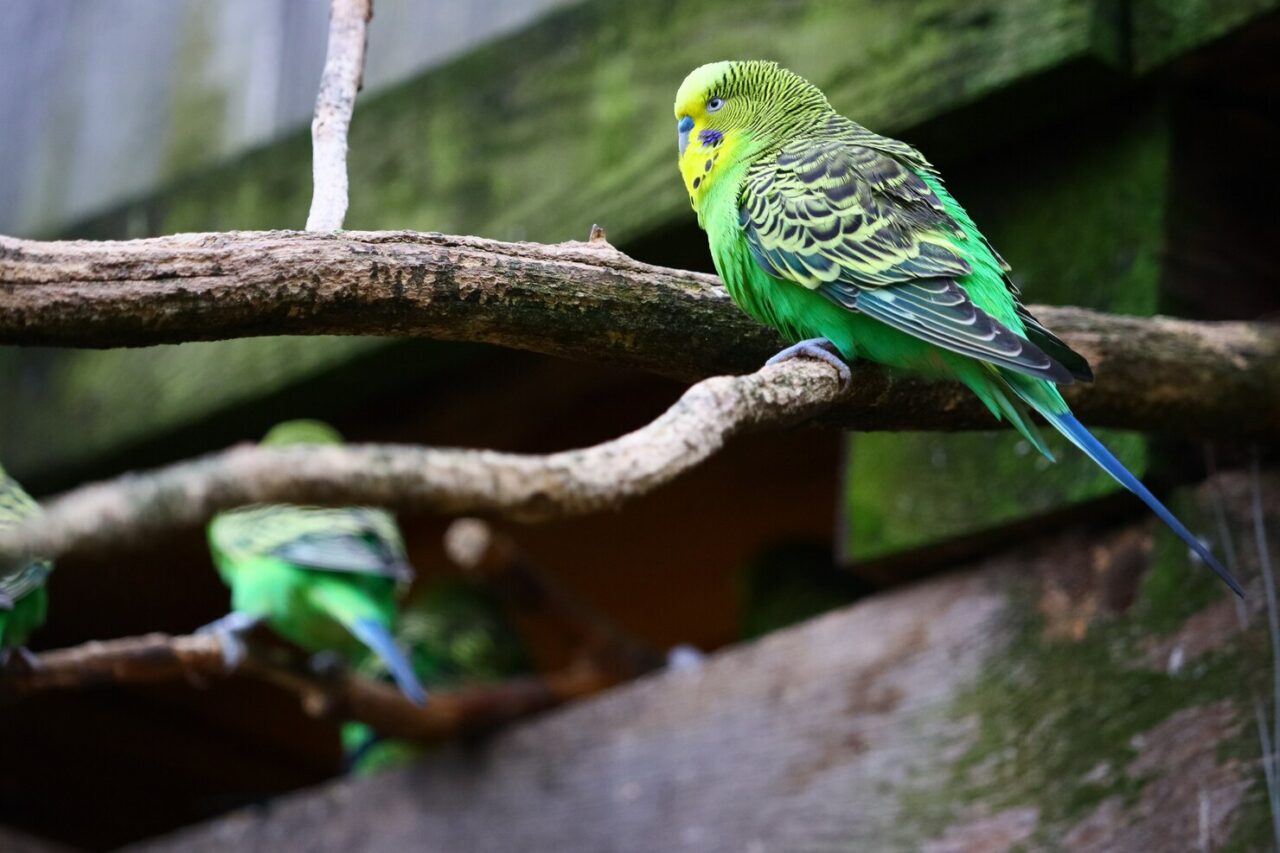
2. Cockatiel
Cockatiels are affectionate and social birds that are slightly larger than budgies. They are known for their crest of feathers on their heads, and they often enjoy whistling and mimicking sounds.
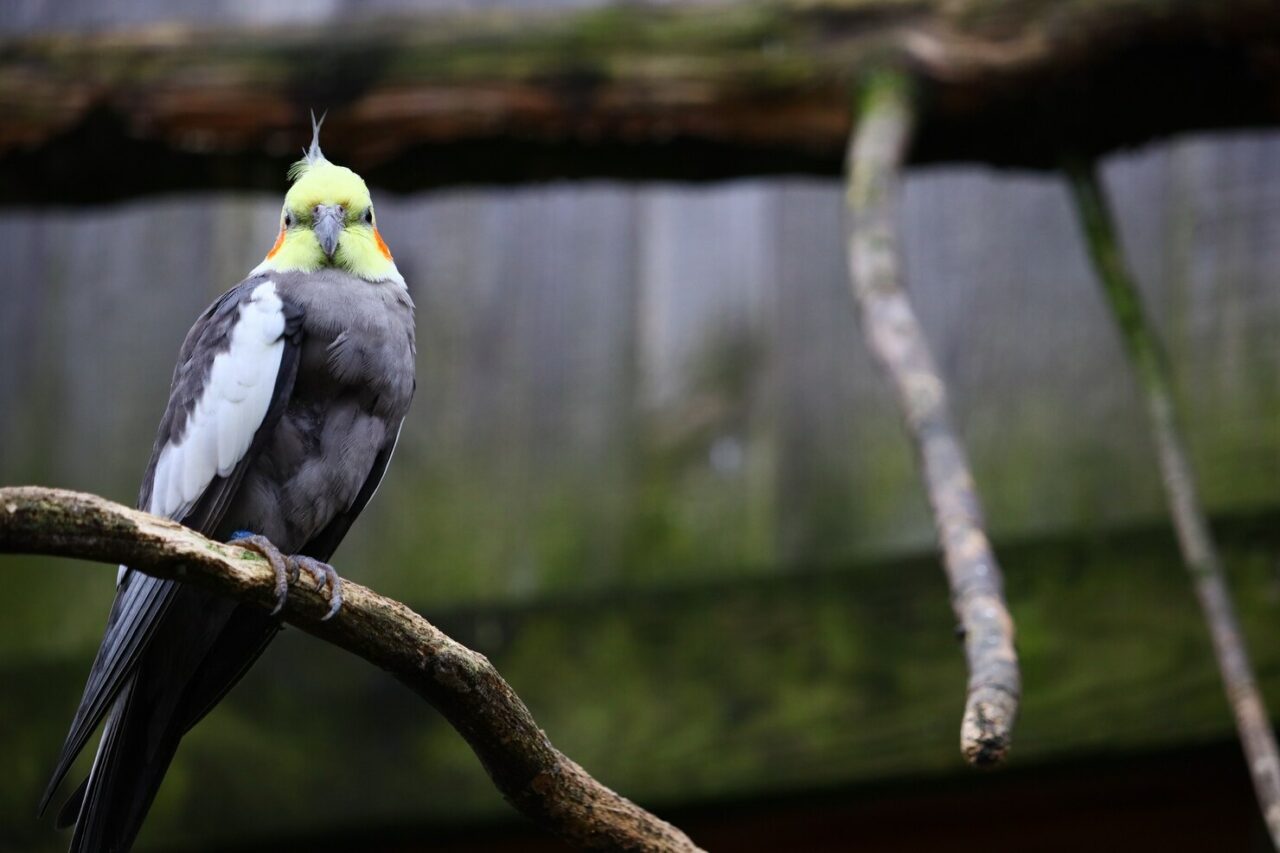
3. Lovebird
Lovebirds are small parrots known for their strong pair bonds and affectionate behavior. They can be a bit nippy if not properly socialized but can form deep connections with their caregivers.
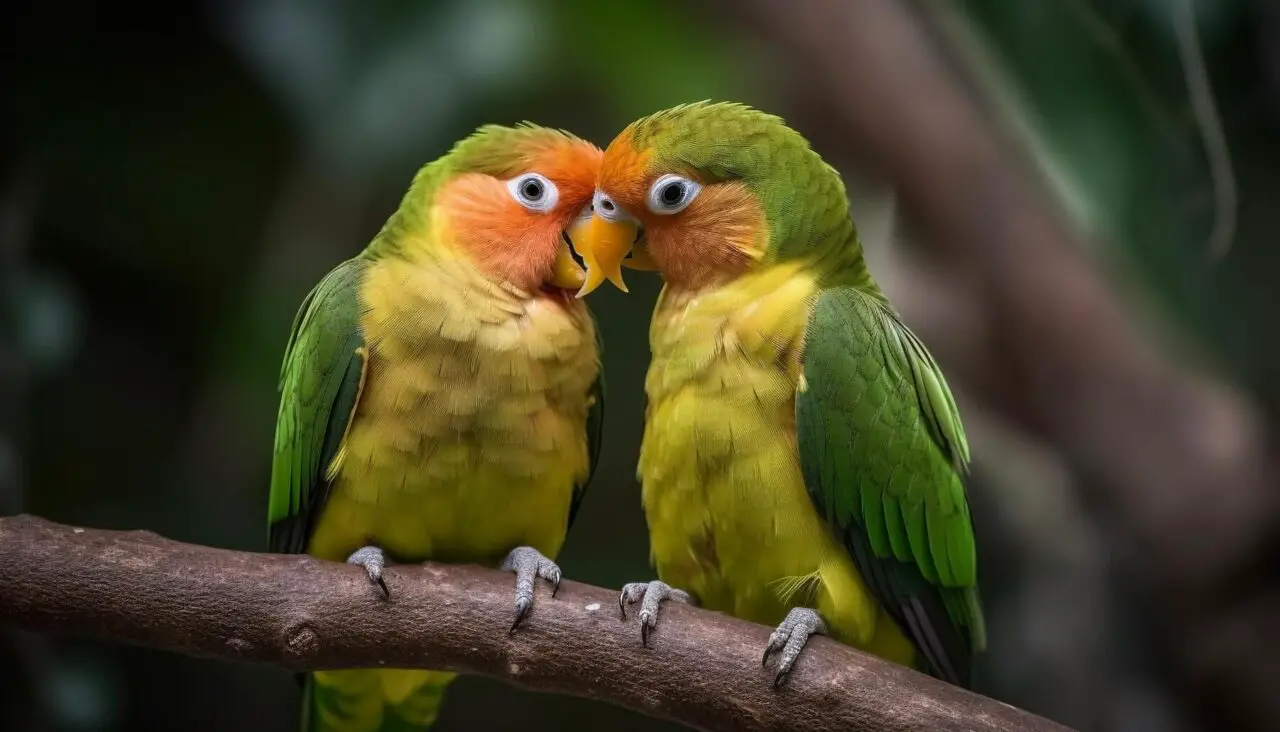
4. Parrotlet
Parrotlets are tiny parrots with big personalities. They are intelligent and playful, making them great companions for those who have the time to interact with them.
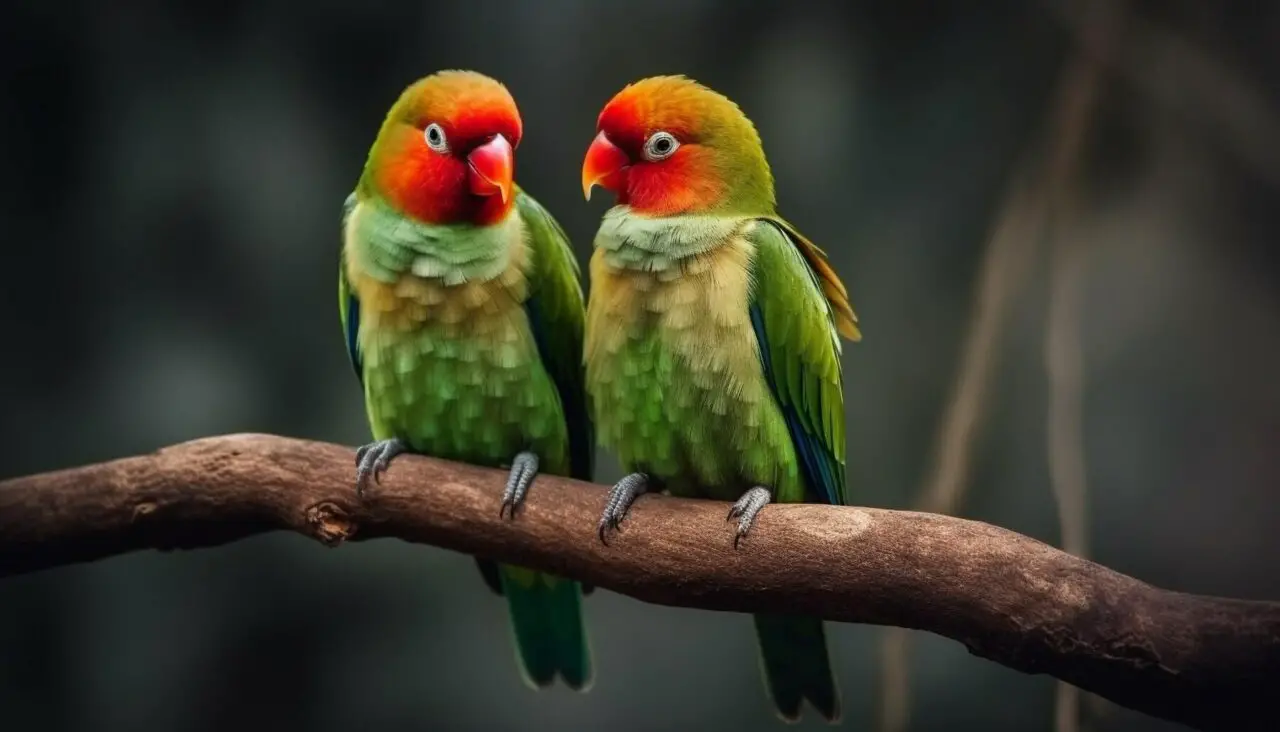
5. Conure
Conures come in various species, including green-cheeked and sun conures. They are known for their colorful plumage and lively personalities. Conures can be quite vocal and enjoy interactive play.
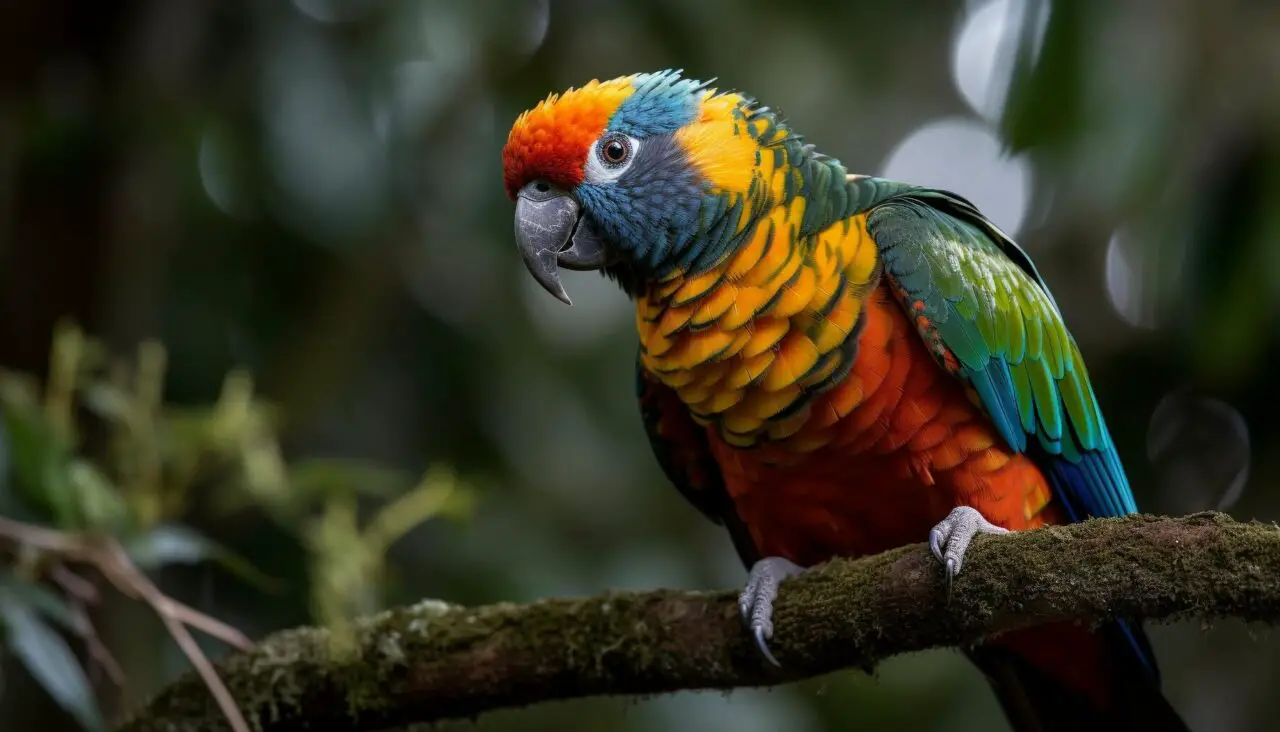
6. African Grey Parrot
African grey parrots are renowned for their exceptional intelligence and ability to mimic human speech. They require a lot of mental stimulation and social interaction.
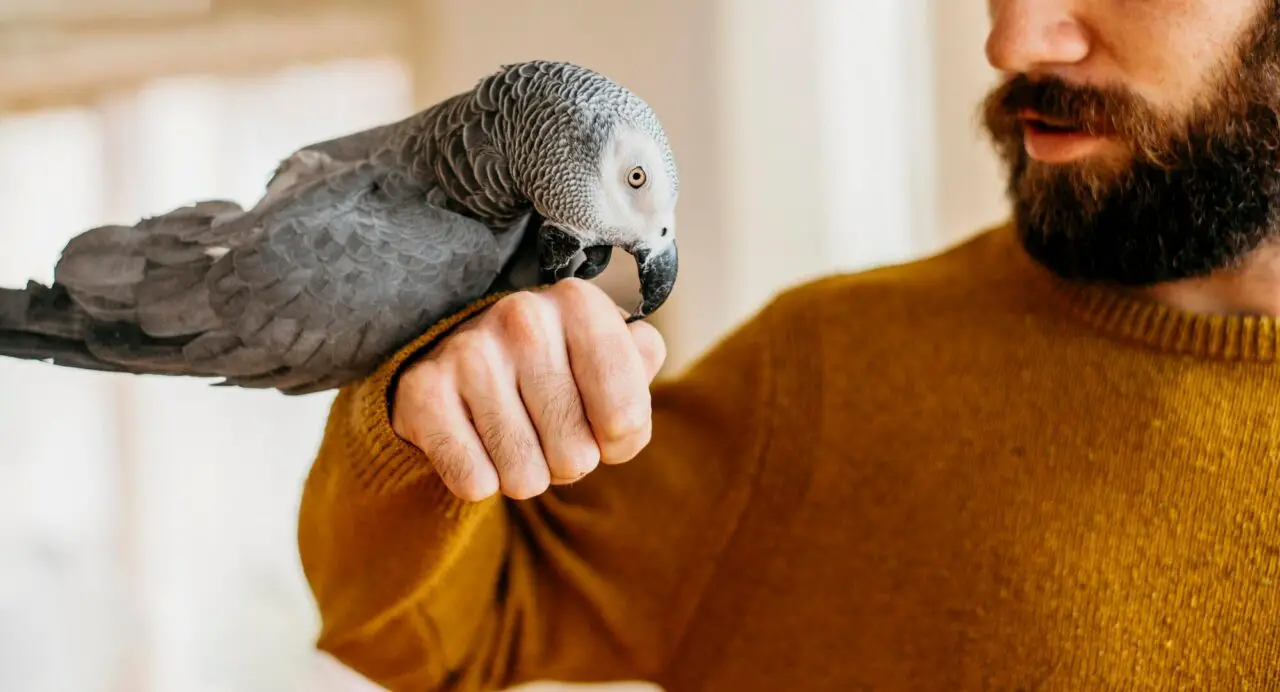
7. Cockatoo
Cockatoos are known for their affectionate nature and striking crest of feathers. They can be noisy and demanding but can also form deep bonds with their caregivers.
8. Macaw
Macaws are some of the largest parrots and are famous for their vibrant plumage. They are intelligent and social birds but require a significant amount of space and mental stimulation.
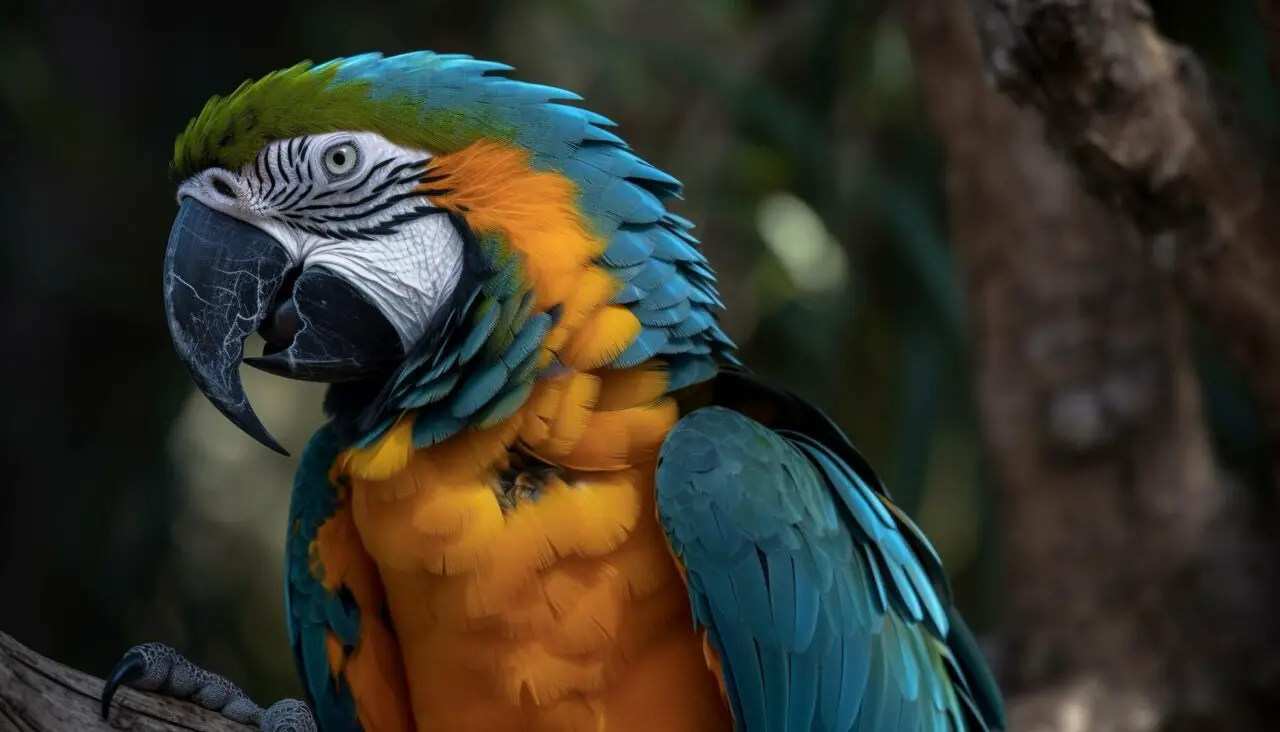
9. Canaries and Finches
Canaries and finches are smaller bird species known for their singing abilities. They are relatively low-maintenance and can be kept in pairs or small groups.
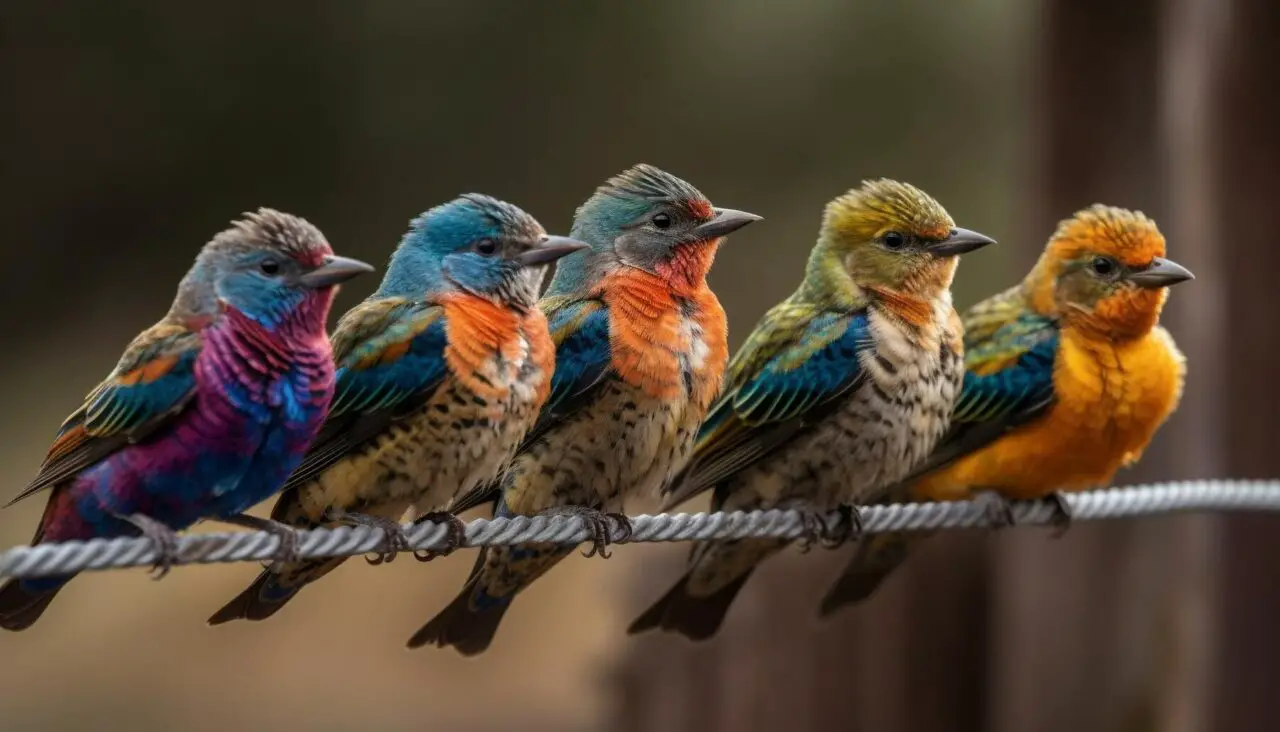
Preparing for Your Pet Bird
Once you’ve chosen the right bird species for you, it’s essential to prepare your home and gather the necessary supplies. Here’s what you’ll need:
1. Cage
Select an appropriately sized cage for your bird species. Make sure it provides enough space for your bird to spread its wings and fly within the cage. The cage should have horizontal bars for climbing and enough room for toys and perches.
2. Perches
Provide a variety of perches of different sizes and materials to promote foot health and exercise. Natural wooden perches are an excellent choice.
3. Food and Water Dishes
Choose sturdy food and water dishes that are easy to clean. Birds can be messy eaters, so having spill-proof dishes can help maintain cleanliness.
4. Toys and Enrichment
Birds are intelligent and require mental stimulation. Offer a variety of toys, including puzzle toys, chew toys, and foraging toys. Rotate the toys regularly to keep your bird engaged.
5. Food
Provide a balanced diet that is appropriate for your bird’s species. Many birds thrive on a combination of high-quality pellet food, fresh fruits, and vegetables. Avoid feeding them toxic foods like avocado, chocolate, caffeine, and alcohol.
6. Grooming Supplies
Depending on your bird’s species, you may need grooming supplies such as nail clippers or a cuttlebone to help keep their beaks trimmed.
7. Cage Covers
Birds need adequate rest and darkness at night. Consider using cage covers to create a peaceful sleeping environment.
8. First Aid Kit
Having a basic first aid kit for your bird can be helpful in case of minor injuries. Consult with a veterinarian on what to include in your bird’s first aid kit.
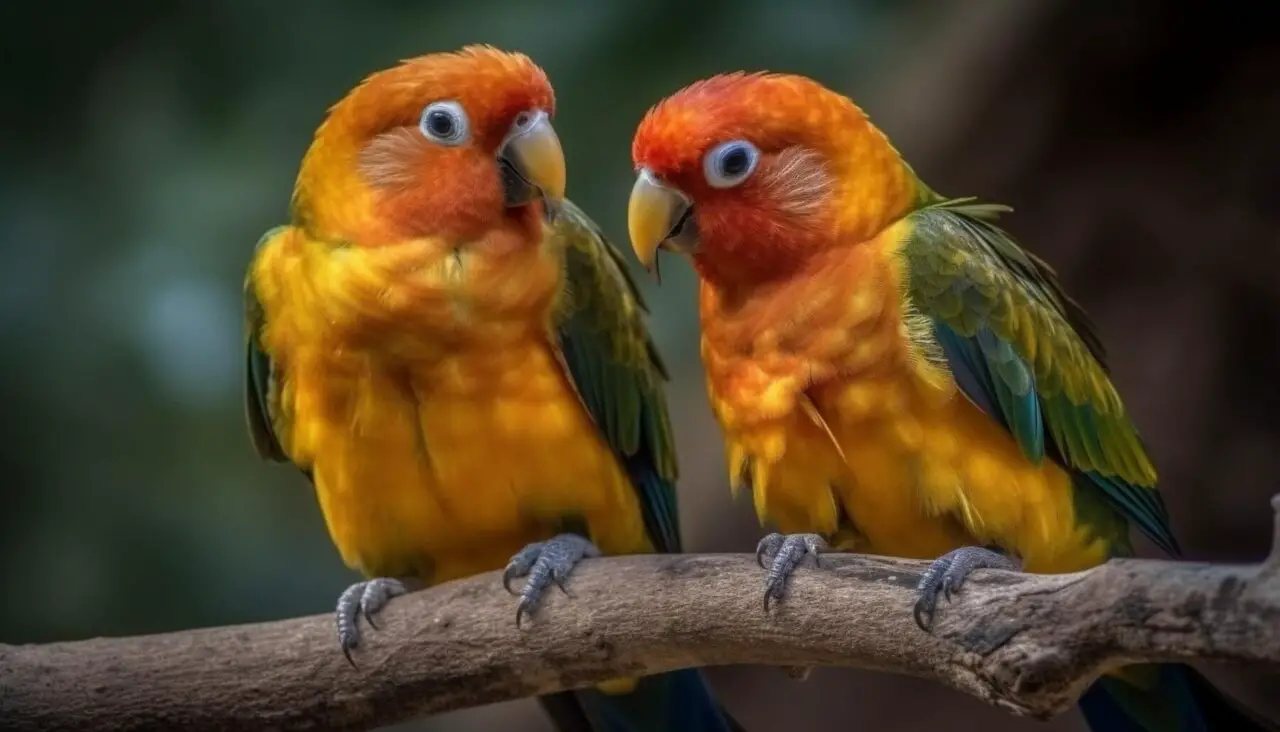
Building a Strong Bond
Building a strong bond with your pet bird takes time and patience. Here are some tips for creating a loving relationship with your feathered friend:
1. Spend Quality Time Together
Birds thrive on social interaction. Spend time with your bird daily, talking to them, offering treats, and engaging in play.
2. Respect Their Space
While it’s essential to socialize with your bird, it’s equally important to respect their personal space. Birds may need alone time or time to preen themselves.
3. Positive Reinforcement
Use positive reinforcement techniques like praise and treats to reward good behavior. Avoid punishment, as it can lead to fear and mistrust.
4. Training and Enrichment
Provide mental stimulation through training sessions and interactive play. Teach your bird tricks, and use positive reinforcement to encourage learning.
5. Be Patient
Building a bond with your bird may take time, especially if they are shy or have had previous negative experiences. Be patient, gentle, and consistent in your interactions.
Common Health Concerns
To ensure your pet bird’s well-being, it’s crucial to be aware of common health concerns and seek veterinary care when needed. Some common health issues in pet birds include:
1. Respiratory Problems
Birds are sensitive to airborne pollutants and can develop respiratory issues if exposed to smoke, aerosol sprays, or other irritants.
2. Feather Plucking
Feather plucking is a behavioral issue that can result from stress, boredom, or underlying health problems. Identifying the cause and providing appropriate enrichment is essential.
3. Beak and Nail Issues
Overgrown beaks and nails can lead to discomfort and difficulty eating. Regular grooming or providing appropriate materials for your bird to wear down their beak and nails is important.
4. Parasites
Birds can be susceptible to internal and external parasites. Regular vet check-ups can help detect and treat parasitic infections. Make sure to use a good feather spray.
5. Diet-Related Issues
Improper diet can lead to obesity, nutritional deficiencies, and other health problems. Consult with a veterinarian or avian specialist to ensure your bird’s diet is well-balanced.
Adoption Considerations
When adopting a pet bird, consider the following factors:
1. Adoption vs. Purchase
Adopting a bird from a rescue organization or shelter is a compassionate choice that can give a bird in need a loving home. Avoid purchasing birds from pet stores or breeders, as it can perpetuate the demand for captive breeding.
2. Lifespan
Many pet birds have long lifespans, with some living for several decades. Be prepared for the commitment of caring for your bird throughout their entire life.
3. Financial Responsibility
Bird ownership comes with financial responsibilities, including the cost of food, supplies, and veterinary care. Ensure you have the financial means to provide for your bird’s needs.
4. Time and Attention
Birds require daily interaction, mental stimulation, and socialization. Ensure you have the time and commitment to meet these needs.
5. Noise Levels
Consider the noise level of your chosen bird species. Some birds, like canaries, are relatively quiet, while others, like macaws, can be quite loud.
Conclusion
Adopting a pet bird can be a rewarding and enriching experience, but it also comes with responsibilities and challenges. By carefully selecting the right bird species for your lifestyle, providing proper care and enrichment, and building a loving bond, you can enjoy a fulfilling companionship with your feathered friend for many years to come. Remember that adopting a pet bird is a lifelong commitment, and with the right care, your bird will thrive as a cherished member of your family.
